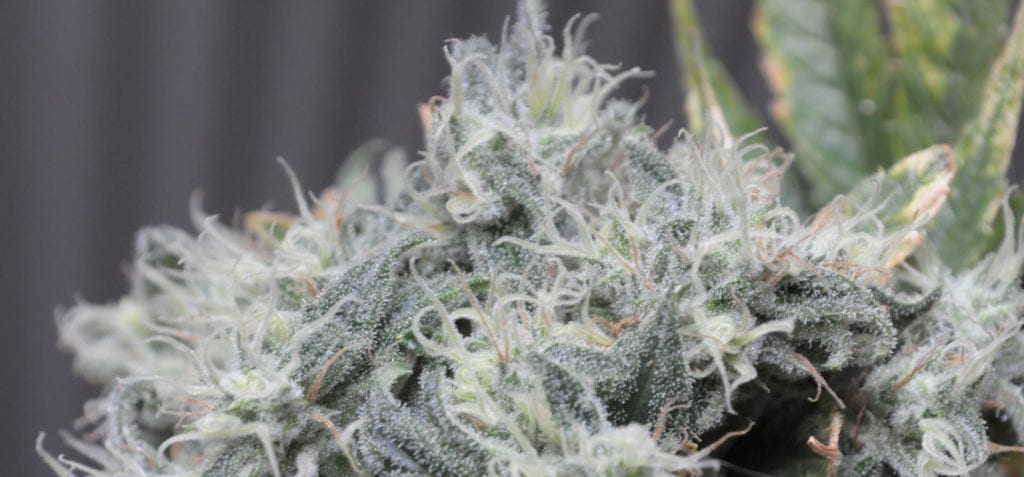A study presented at the 3rd Congress of the European Academy of Neurology has found that medical cannabis might be useful in treating migraine headaches. The study was conducted by a team of Italian researchers led by Dr. Maria Nicolodi.
Phase 1 of the study found that oral doses of 200 milligrams of THC dropped acute pain by 55 percent, compared to doses of less than 100 milligrams which produced no relief.
During Phase 2, 79 patients who experienced chronic migraines were given a daily dose of either 25 milligrams of amitriptyline – an antidepressant often used to treat migraines – or 200 milligrams of a THC-CBD combination for a three-month period. Another group of patients who suffered from cluster headaches was also given the medical cannabis product or a 480 milligram dose of the calcium channel blocker verapamil. Patients still experiencing acute pain from either migraines or cluster headaches were administered an additional 200 milligrams of the cannabis solution.
After the three-month period, the medical cannabis compound yielded slightly better results than amitriptyline, reducing attacks by 40.4 percent compared to the antidepressant counterpart which reduced attacks 40.1 percent. However, the cannabinoid solution reduced pain intensity 43.5 percent. Similar reductions were experienced by some of the cluster headache sufferers, but only in those that have experienced migraines during childhood. In those that didn’t report childhood migraines, medical cannabis had no effect as an acute treatment for patients suffering from cluster headaches.
Patients reported side effects such as drowsiness and difficulty concentrating, but interestingly, female subjects reported a decrease in colitis, stomachache, and musculoskeletal pain.
Get daily cannabis business news updates. Subscribe
End
